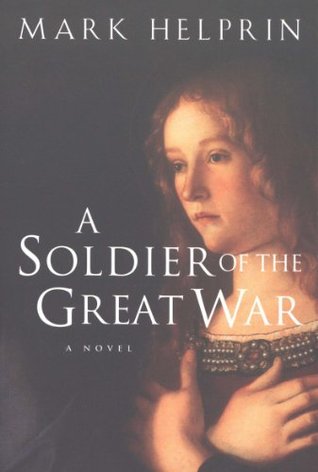More on this book
Community
Kindle Notes & Highlights
“Anticipation is the heart of wisdom. If you are going to cross a desert, you anticipate that you will be thirsty, and you take water.”
“But one thing God does not give, something that must be earned, something that a lazy man can never know. Call it understanding, grace, the elevation of the spirit—call it what you will. It comes only of work, sacrifice, and suffering. “You must give everything you have. You must love unto exhaustion, work unto exhaustion, and walk unto exhaustion.
“If you really want to enjoy life, you must work quietly and humbly to realize your delusions of grandeur.”
You live on not by virtue of the things you have amassed, or the work you have done, but through your spirit, in ways and by means that you can neither control nor foresee.
Everyone has a self-made pass for travel through the terror and sadness of the world, and because, in the end, nothing is sufficient, everyone wants to share his own method, hoping for strength in numbers.
“Mortality is like the cold. It cannot be altered by human conceit or solidarity, and at the end you will be on your knees, in shock and amazement, and then you’ll have only one sword, one shield, one great thing to carry you through.”
“If you think you’ve said everything you have to say,” his father told him, “talk to the opposition.”
And now that I am still, I pass on to you my liveliness and my life, for you will be taken, as once I was, and although you must fight beyond your capacity to fight and feel beyond your capacity to feel, remember that it ends in perfect peace, and you will be as still and content as am I, for whom centuries are not even seconds.”
Unfortunately, the war is ruled inordinately by chance, to the point almost where human action seems to have lost its meaning.
His father’s was the great war, less a contest than a mystery. It was gossamer, silent, and absolute. No one had been victorious in the war his father was fighting, except by faith and imagination, and of these victories no one could really be sure.
Why is it that if you lose souls you’re less accountable than if you lose money?”
“The heavenly city in which I believe, Ludovico, cannot be demonstrated. It is a matter of faith and revelation, not reason.
In the end, beauty was inexplicable, a matter of grace rather than of the intellect, like a song.
To see the beauty of the world is to put your hands on lines that run uninterrupted through life and through death. Touching them is an act of hope, for perhaps someone on the other side, if there is another side, is touching them, too.”
The one weight that aligned all the elements, and reconciled every contradiction and variation, was the burden of mortality.
A fact of humanity throughout history is the desirability, the necessity, of balance among the intellect, the spirit, and the flesh.”
I’m just telling you that the intellect is of no use unless it’s disciplined by the mortification of the flesh, so that it may serve the soul.
“I asked myself, why do I love, and what is the power of beauty, and I understood that each and every instance of beauty is a promise and example, in miniature, of life that can end in balance, with symmetry, purpose, and hope—even if without explanation. Beauty has no explanation, but its right perfection elicits love.
“Dear God, I beg of you only one thing. Let me join the ones I love. Carry me to them, unite me with them, let me see them, let me touch them.” And then it all ran together, like a song.


